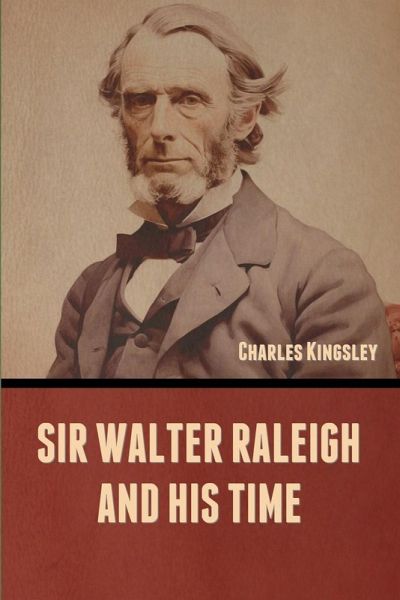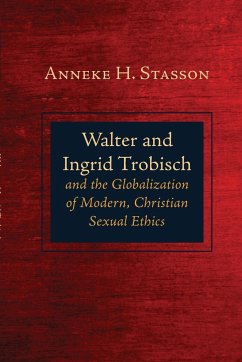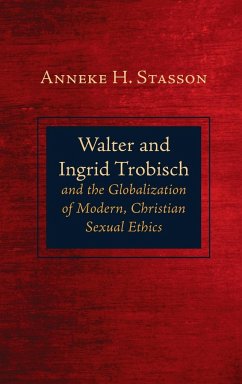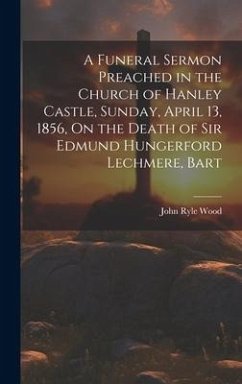
Sir Walter Raleigh and His Time
Versandkostenfrei!
Versandfertig in 1-2 Wochen
13,99 €
inkl. MwSt.
Weitere Ausgaben:

PAYBACK Punkte
7 °P sammeln!
"Sir Walter Raleigh and His Time" by Charles Kingsley is a historical account likely written during the late 19th century. The work centers on the life and legacy of Sir Walter Raleigh, a prominent figure in the Elizabethan era, exploring his complexities as both a man and an adventurer against the backdrop of his tumultuous times. The opening of the text presents a reflection on the nature of truth in history and heralds the story of Raleigh as a testament to the human condition, grappling with sin, nobility, and the heavy burdens of his ambitions. The narrative begins with Raleigh's birth in...
"Sir Walter Raleigh and His Time" by Charles Kingsley is a historical account likely written during the late 19th century. The work centers on the life and legacy of Sir Walter Raleigh, a prominent figure in the Elizabethan era, exploring his complexities as both a man and an adventurer against the backdrop of his tumultuous times. The opening of the text presents a reflection on the nature of truth in history and heralds the story of Raleigh as a testament to the human condition, grappling with sin, nobility, and the heavy burdens of his ambitions. The narrative begins with Raleigh's birth in South Devon in 1552, delving into his upbringing and early influences, including his noble lineage and the tumult of the era marked by treachery against the Protestant faith. It hints at his formative thoughts regarding England's enemies-Spain and the Pope-while establishing his aspirations as a chivalrous figure devoted to exploration and colonization. Kingsley draws the reader into the vibrant world of Raleigh's youth, setting the stage for his future endeavors that straddle the line between valorous exploration and moral complexity. About the author: Charles Kingsley (12 June 1819 - 23 January 1875) was a broad church priest of the Church of England, a university professor, social reformer, historian, novelist and poet. He is particularly associated with Christian socialism, the working men's college, and forming labour cooperatives, which failed, but encouraged later working reforms. Charles Kingsley's novel Westward Ho! led to the founding of a village by the same name (the only place name in England with an exclamation mark) and inspired the construction of the Bideford, Westward Ho! and Appledore Railway. A hotel in Westward Ho! was named after and opened by him. A hotel which was opened in 1897 in Bloomsbury, London, and named after Kingsley was founded by teetotallers, who admired Kingsley for his political views and his ideas on social reform. It still exists as The Kingsley by Thistle. Kingsley School, a private school in Bideford, the town in which Westward Ho! is set, took its name from him after it was founded in 2009 as a merger of Edgehill College and Grenville College. In 1905, the composer Cyril Rootham wrote a musical setting of Kingsley's poem Andromeda. This was performed at the Bristol Music Festival in 1908. Like Kingsley, Rootham had been educated at Bristol Grammar School. (wikipedia.org)














